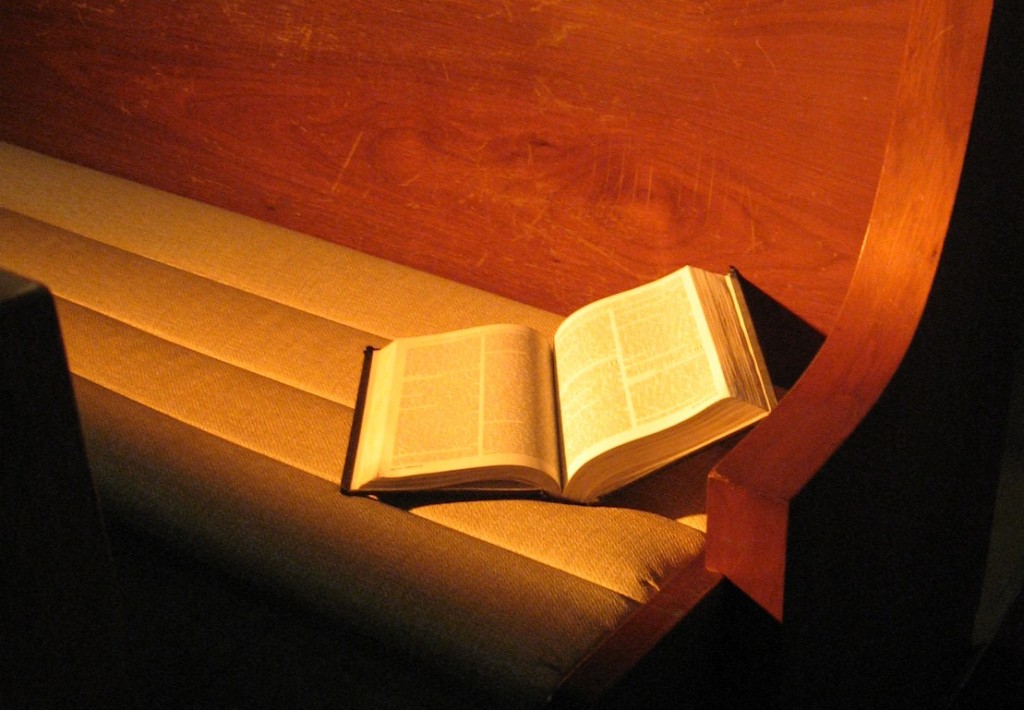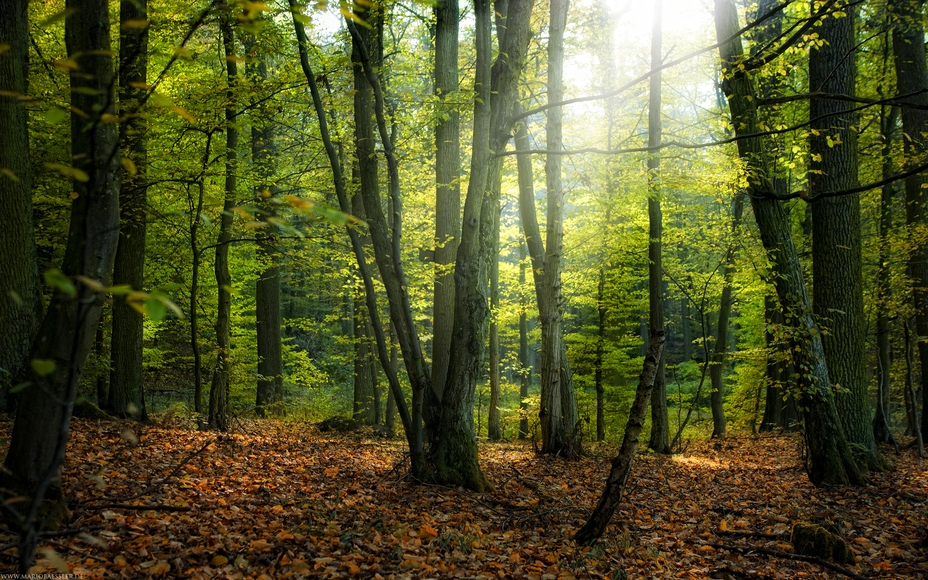Swedish News:
Night church in Kalmar. Swedish forests to fuel cars.
-
 Tired of being alone on a Friday night, yet have no interest in going to a pub? The concept of “nattkyrka” is spreading in Sweden, as more and more churches (in Lund, Malmö, Stockholm, Eskilstuna, Kalmar and others) are open during nights for visitors who’d like to come to read a book, talk to others, light a candle, or perhaps just sit in stillness among others for a while.
Tired of being alone on a Friday night, yet have no interest in going to a pub? The concept of “nattkyrka” is spreading in Sweden, as more and more churches (in Lund, Malmö, Stockholm, Eskilstuna, Kalmar and others) are open during nights for visitors who’d like to come to read a book, talk to others, light a candle, or perhaps just sit in stillness among others for a while. -
-
Night church in Kalmar
Where do you go at night if you do not want to be alone, yet have no interest in clubbing or going to a bar or restaurant? In Sweden, the concept of “nattkyrka” (night church) is spreading. Now, it’s available in the seaside town of Kalmar. The premiere will take place on Friday, May 3. “We will open at 8 p.m. and the church will remain open all night long,” says Ingrid Svedjenäs, lay worker at Kalmar Cathedral Parish. “There will be music … and a midnight mass. You are also welcome to ‘fika,’ light a candle, or just enjoy the stillness, talk to others or read a book from the book table in the church.” The “nattkyrka” is run primarily by volunteers, but Svedjenäs says there will always be someone from the church there as well. Lots of people are out and about on Friday nights, which is why the church wants to be open and accessible at that time. “We offer a different kind of room for meetings on Friday nights,” says Svedjenäs. The plan is to have night church three Fridays during the month of May, when the church will be open until 1 a.m. on Saturday. -
 If one was to utilize the Swedish forests, the country could easily be self-sufficient in producing biofuels (methanol and dimethyl ether).
If one was to utilize the Swedish forests, the country could easily be self-sufficient in producing biofuels (methanol and dimethyl ether). -
-
Swedish forests to fuel cars
Sweden could be self-sufficient in biofuels by producing methanol and dimethyl ether from forest resources. This is the conclusion scientists have come to, says a report from Kungliga Vetenskapsakademien (the Royal Academy of Sciences), according to daily DN. In one study, the scientists write that dimethyl ether (a gas-like fuel for diesel engines) and methanol (wood alcohol) could in principle replace today’s gasoline and diesel. Last year, Danish scientists drew similar conclusions. -
-
